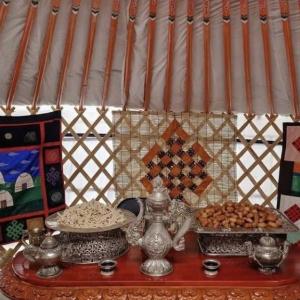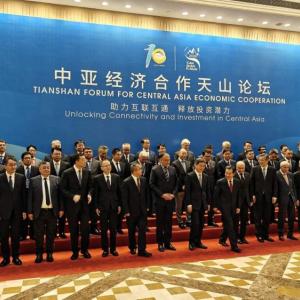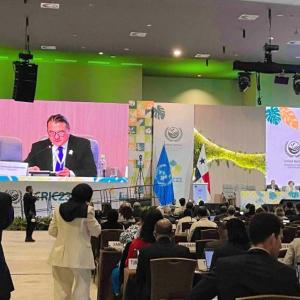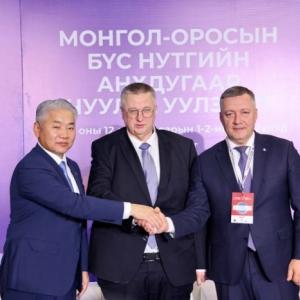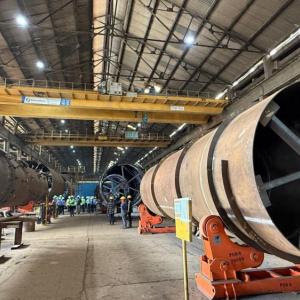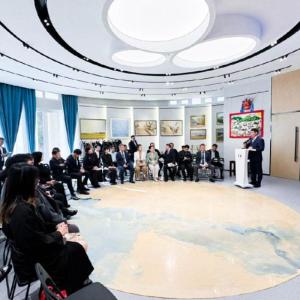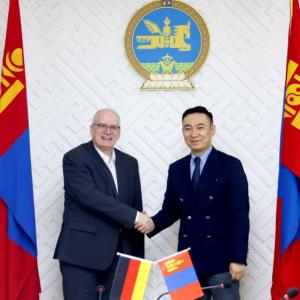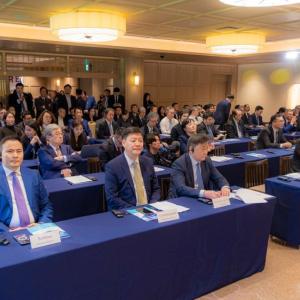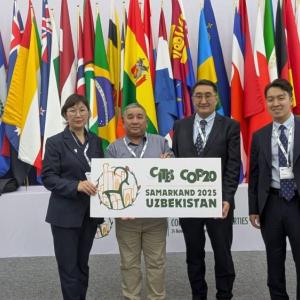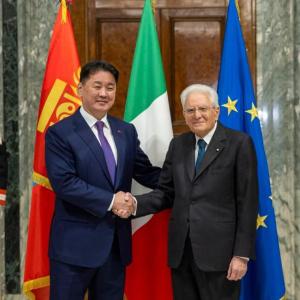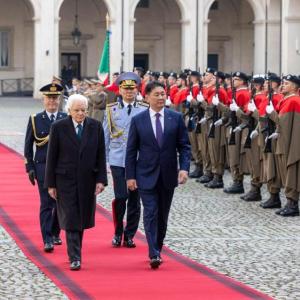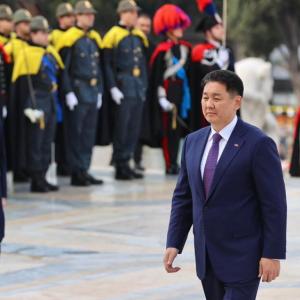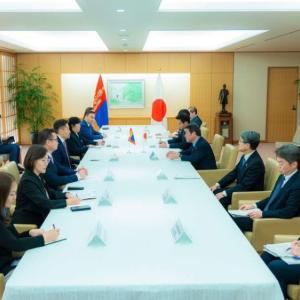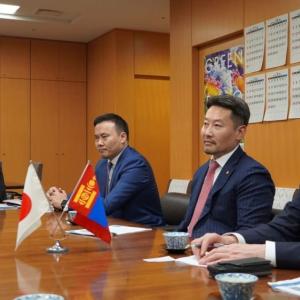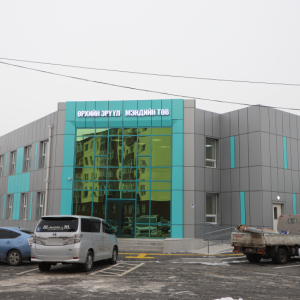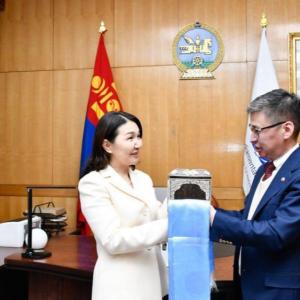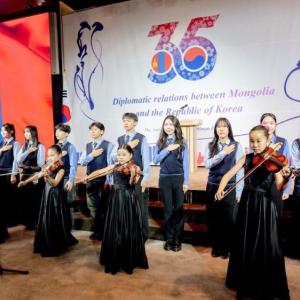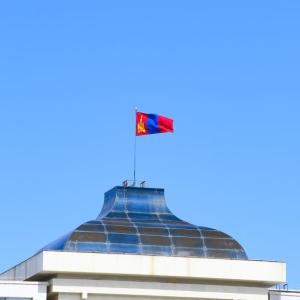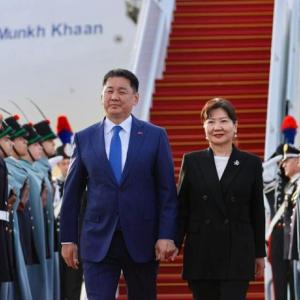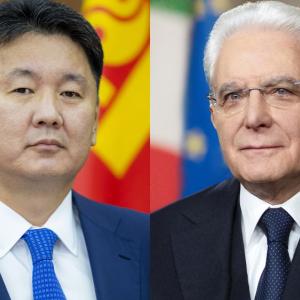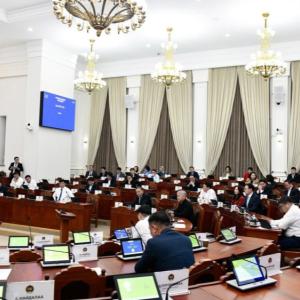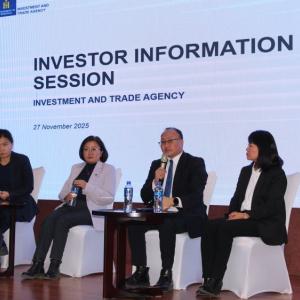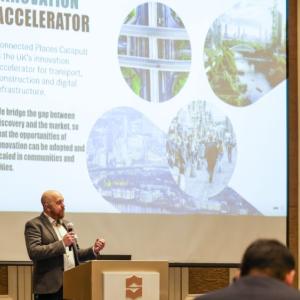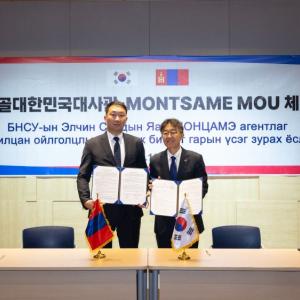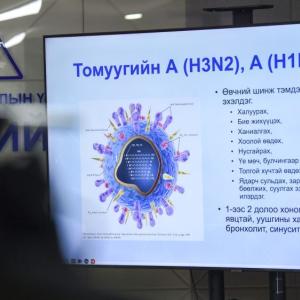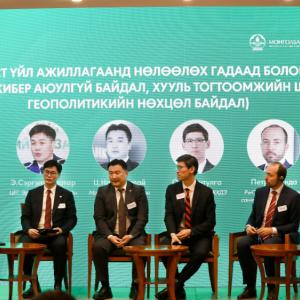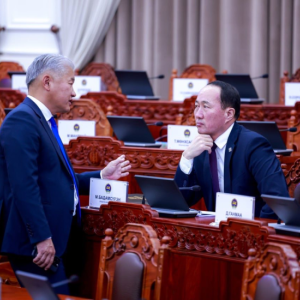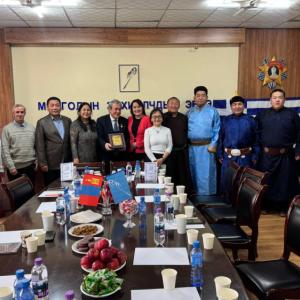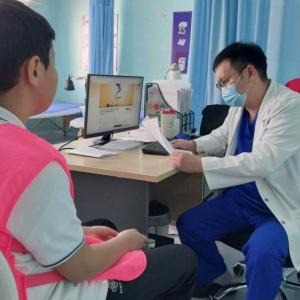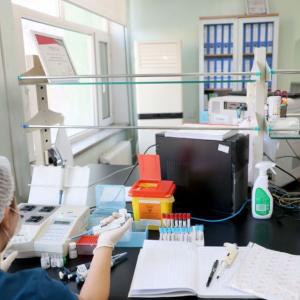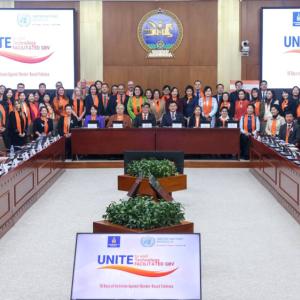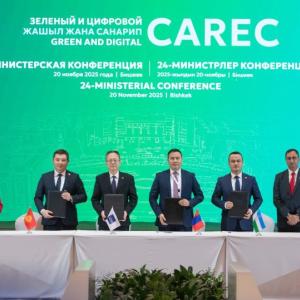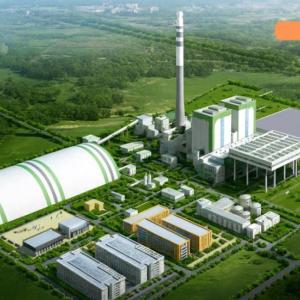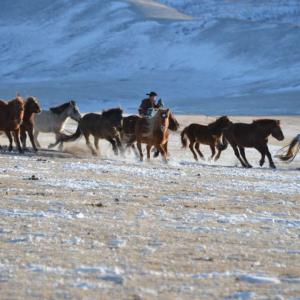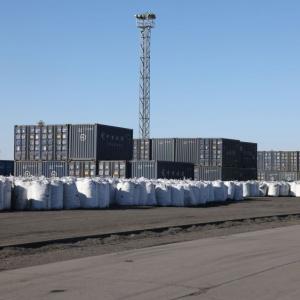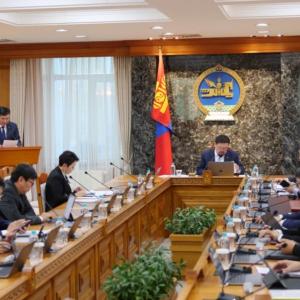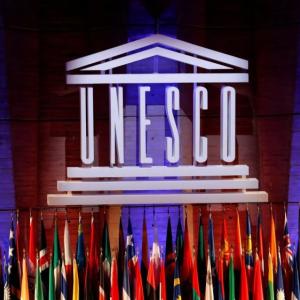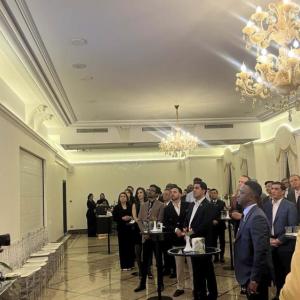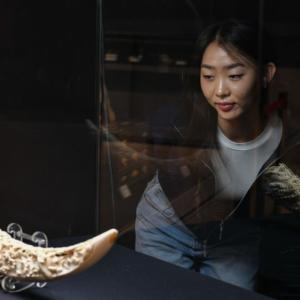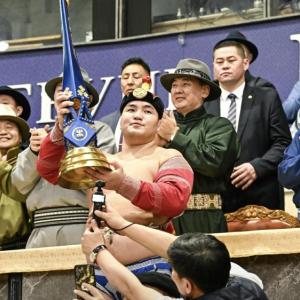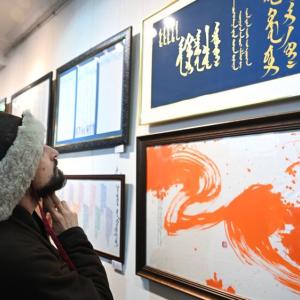Landlocked countries’ Int’l think tank aspires to push forward trade liberalization
Politics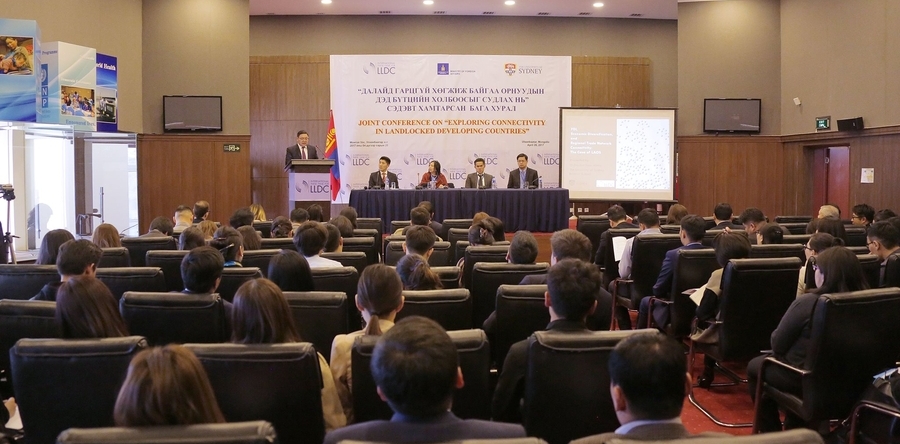
Ulaanbaatar /MONTSAME/ The International Think Tank for Landlocked Developing Countries (ITT for LLDCs) and the University of Sydney jointly organized a conference themed “Exploring Connectivity in Landlocked Developing Countries” on April 20 at the UN House in Ulaanbaatar. The participants ran discussions under three spheres of connectivity: International trade; Information and communication technology; and Transport.
Dr. Shaowen, a researcher at the University of Sydney, presented the findings of his study on “Transport and Infrastructure Connectivity”, Dr. Sandra – on “International Trade and Connectivity” by the example of landlocked Laos, and Dr. Barney – on “ICT Connectivity” and the development of ICT infrastructure and sunrise growth of technology in Azerbaijan.
It was found that growths of landlocked nations are quite distinct from each other. As for Turkmenistan, revenues from mining and oil exports are fully dedicated to road and freight spheres, while the situation is different in Kyrgyzstan. According to the researchers, the situations were almost impossible to correlate. Instead, researchers focused on how the countries have coordinated their national policies with their unique geological and regional characteristics, and what perspectives are observable.
Although, Mongolia was not taken as a separate subject, transport study considered the situations in five Central Asian countries, began Dr. Shaowen. “However, I think, the findings of the research can be applied to other countries. It is completely possible for the landlocked nations to improve connectivity in transport and the economy. But, possibility can only be mobilized with commitment”, he said.
The UN Group of Landlocked Developing Countries consists of 32 countries, which do not border with international waters in geological terms, isolated from the key global markets, have small population and small-scale economy. The study revolved around the examples of infrastructure growth in air transport and many other spheres in LLDCs. For instance, Laos has always maintained a same level of international investment in all parts of the economic cycle. Whichever political force has taken the power in Laos, international investors’ confidence has remained the same. Such stability is the main reason to why the Asian Development Bank and Japan, as well as other donors, are eager to invest in this country. As for Azerbaijan, it is the fastest growing economy among LLDCs, said Dr. Shaowen.
Interim Director of ITT for LLDCs and Ambassador at-Large at the Ministry of Foreign Affairs of Mongolia, Mr E.Odbayar:
“Mongolia has scared away its foreign investors, when the economy had an annual growth of surging 17.7 percent. Today, we are working to regain their trust. As a researcher, our mistake was the lack of connectivity at home. Coordination between the activities of different institutions were poor. Regulations violate laws, and laws override regulations. This situation needs to be stopped”.
“Mongolian economy is highly dependent on the events happening in two neighboring countries. Mongolia endures great amount of the trade deficit while exporting raw materials, minerals and semi-processed products to its neighbors. Therefore, it is quite significant to conduct studies and discussions on these kinds of topics”.
State Secretary of the Ministry of Foreign Affairs, Mr. D.Davaasuren brought the spotlight on the issue of upgrading ITT for LLDCs to the level of internationally-recognized intergovernmental think-tank. “The first problem facing any LLDC is the relatively higher transport cost of international trade. Transport period is very long and cost-ineffective. Our vision is to establish an international institution jointly with the other 31 LLDCs. Then, UN Secretary General, Mr Ban Ki-moon came up with an initiative to establish such an organization, to be headquartered in Ulaanbaatar, in 2009. The ITT for LLDCs is the first embodiment of the mentioned initiative. It now has a status of international organization, having been recognized by 10 countries. If all parliaments of the 32 countries back the status of the international think tank, it will become able to attract international donations to forward trade liberation, increase exports and diversify our economies”, he concluded.
Background
The International Think Tank for Landlocked Developing Countries (ITT for LLDCs) and University of Sydney confirmed their mutual interest in collaborating in areas affecting Landlocked Developing Countries (LLDCs) and signed the Memorandum of Understanding in 2015 in order to explore collaborative opportunities in research and other activities to jointly support knowledge sharing among LLDCs and South-South Cooperation.
In the framework of the Memorandum of Understanding both Institutions agreed to implement a joint research project in 2016 with the ultimate goal of contributing to the successful implementation of the SDGs and the Vienna Programme of Action.
The joint research project document which was established in 2016, defined the scope of the project and both sides agreed to develop a total of 3 research papers on transport and access, trade and development as well as ICT and connectivity issues of LLDCs respectively under the overall theme “Exploring Connectivity in Landlocked Developing Countries”.
B.Amarsaikhan
 Ulaanbaatar
Ulaanbaatar






